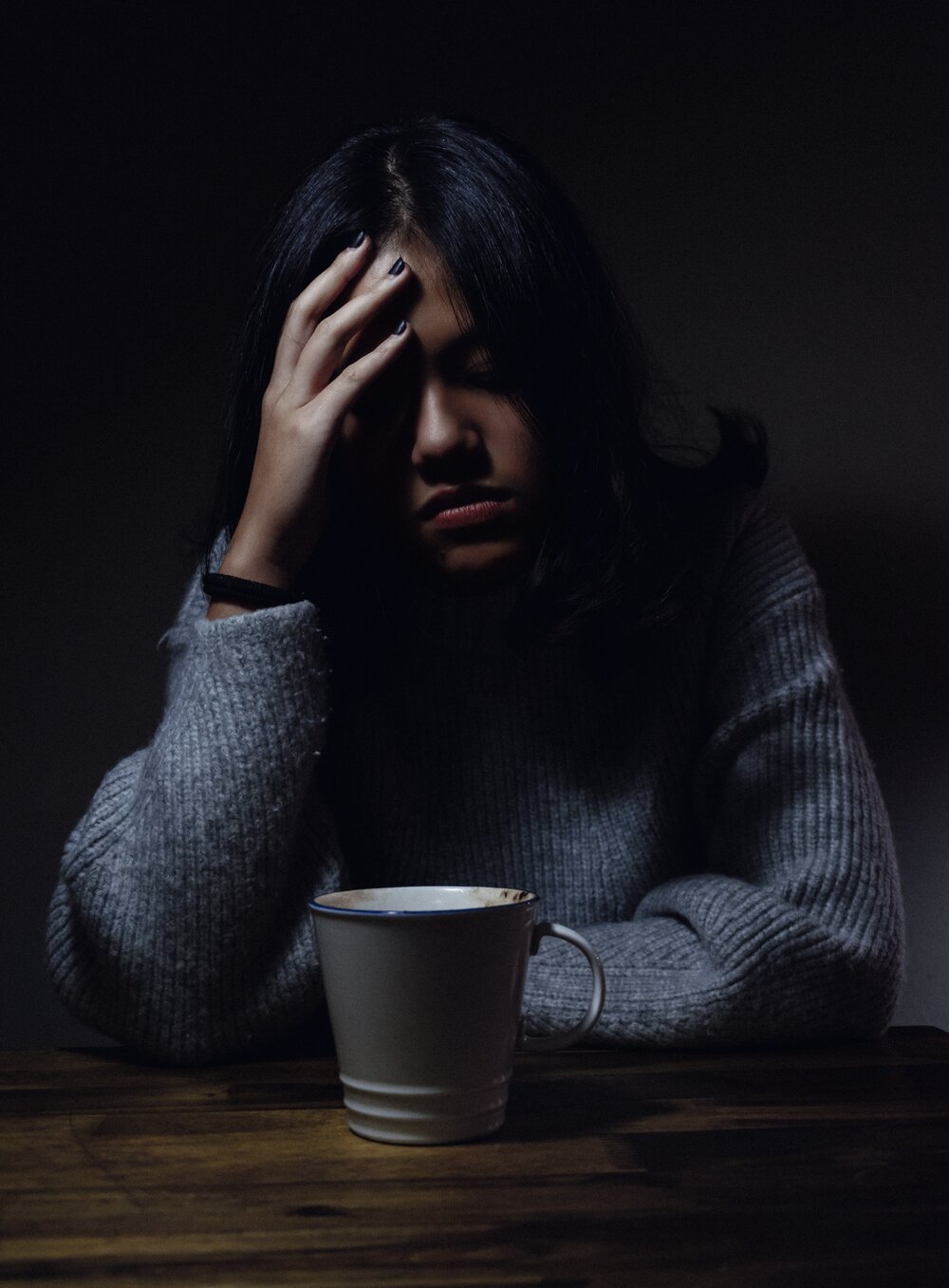By David Saunders | UPDATED: 11:28, 07 April 2020
Recently many Brits have expressed an unusual influx of headaches. This has led to lots of speculation on social media, with thousands of people searching for the cause.
Following this information, OnBuy’s medical department discovered a huge surge in Google searches for headaches throughout the past seven days. Data shows that this is occurring a lot more frequently and many are beginning to worry, specifically:
-
4,450% increase in searches for ‘covid headache’
-
2,900% increase in searches for ‘is headache sign of coronavirus’
-
2,850% increase in searches for ‘headache sign of coronavirus’
-
250% increase in searches for ‘tension headache relief’
Although 13% of those who tested positive for coronavirus experienced headaches, it has not been confirmed as an official symptom by the NHS, and with the majority of us spending more time on electronics than usual it is very likely this could be the cause of our headaches.
As a result, OnBuy’s medical department obtained comments from Doctor Aragona Giuseppe, GP and medical advisor at Prescription Doctor, who provided some advice on what we can do to reduce the severity of our headaches.
“It’s no secret that over exposure to screens can cause cluster headaches as well as problems with eyesight. Now that we are all working from home and spending a lot more time behind screens these headaches are likely to increase.
One thing you can do which may help prevent these types of screen-related headaches are to invest in blue light blocking glasses. Blue light is the harmful light transmitted from screens such as a computer, phone and iPad and if used excessively it can cause headaches and eye issues.
Blue light blocking glasses have filters in their lenses that will either block or absorb blue light as well as UV light from getting through. If you wear these glasses whilst watching a screen, predominantly at night or in a dimly lit room, they can help reduce your exposure to blue light waves.
Other things you can do include:
-
Limit screen time – You should keep your main screen time to your work and then on an evening do a different activity such as perhaps yoga, gentle exercise try a board game or read a book. All these types of activities will give your eyes a break.
-
You should also be ensuring that you take regular breaks from work like you would normally, such as taking a full hour at lunch and regular breaks to walk and stretch and have a break from the screen.
-
You should also make full use of your daily exercise break and go outside for a walk and get some fresh air in your lungs and oxygen to the blood and brain.
Also ensure you are eating a nutritious diet as well as drinking enough water each day to stay hydrated, 8 glasses a day is recommended.”
